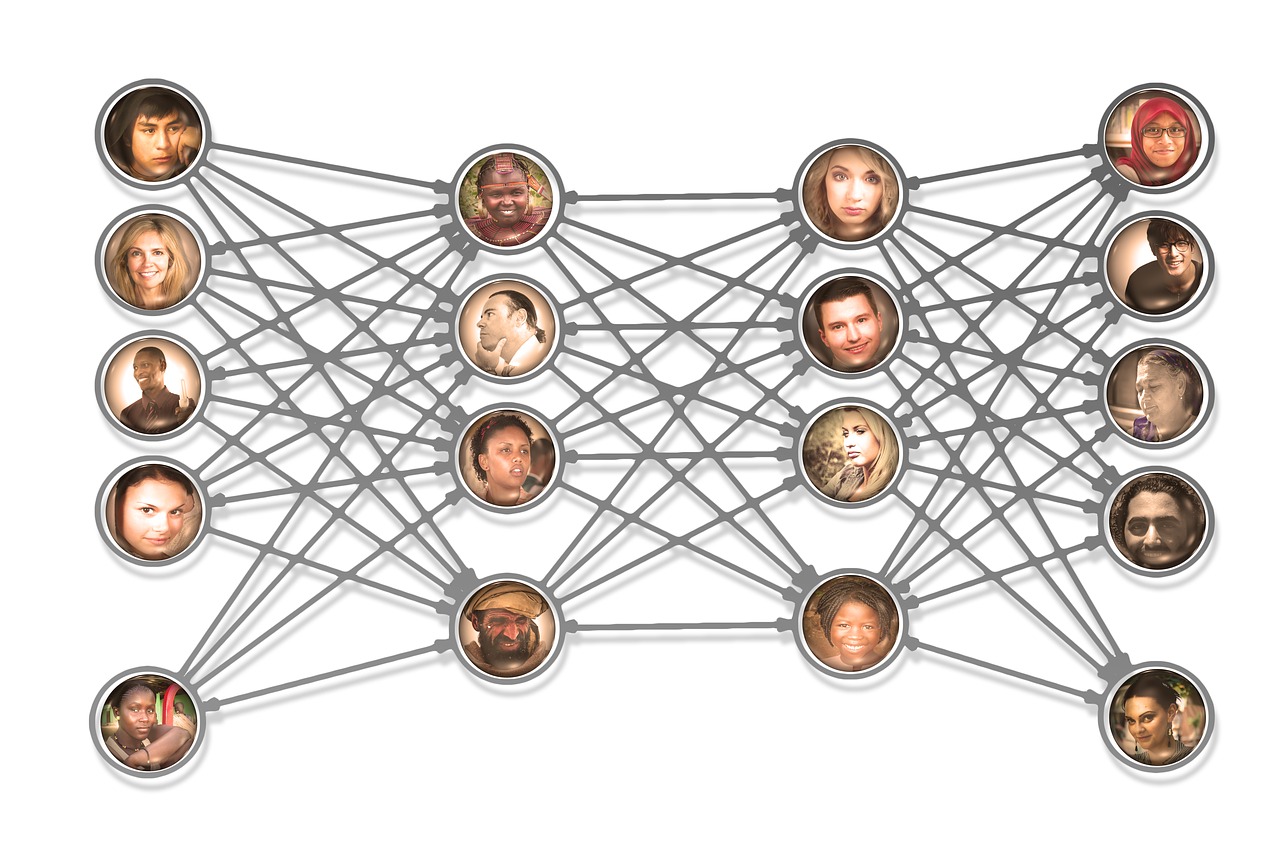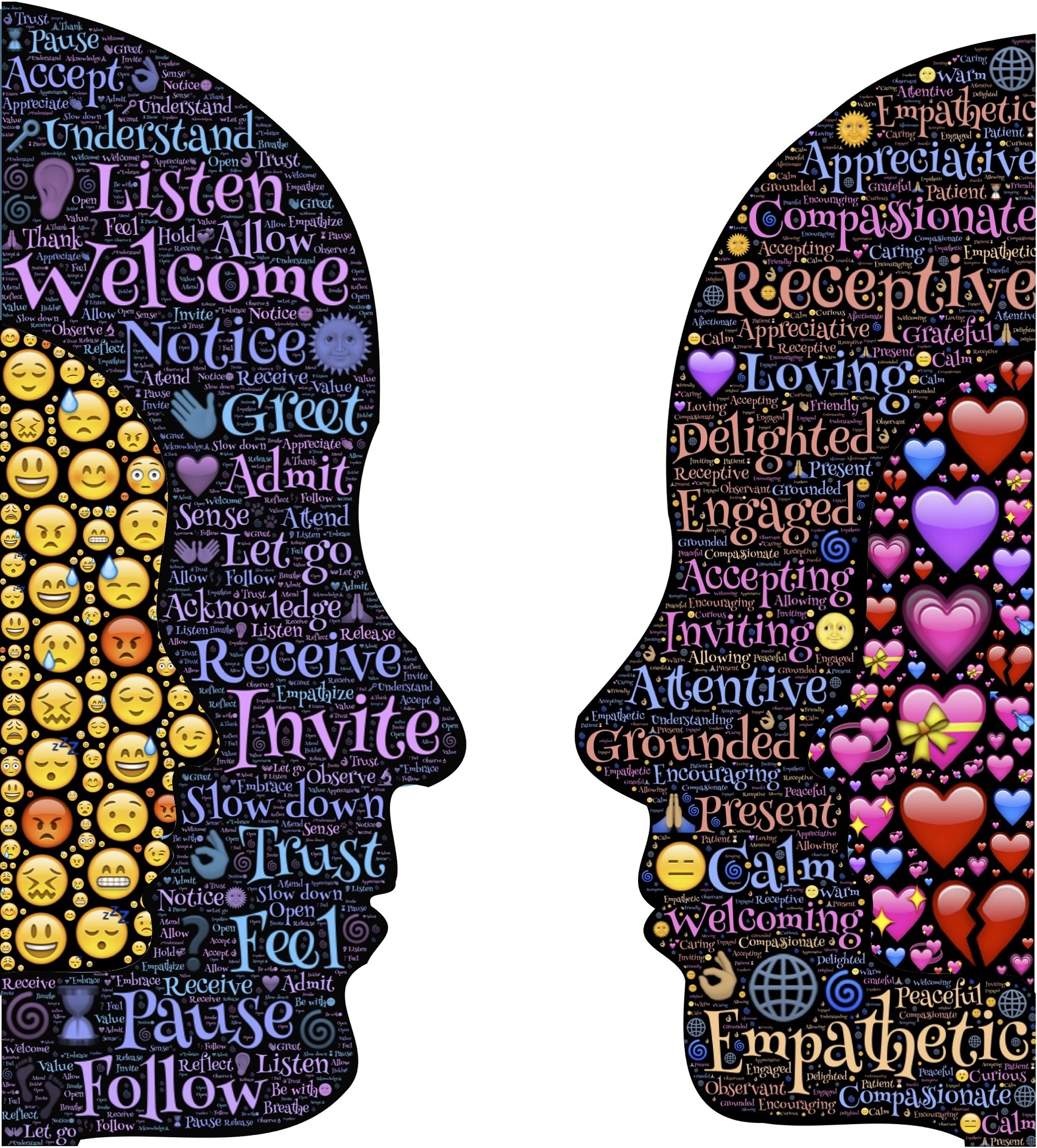Category: Pedagogy
-
The agony of ambiguity
One of the major intercultural competences is a tolerance for ambiguity. This means being open to different interpretations of what you observe and experience. Without awareness, we are likely to feel embarrassed or uncomfortable when people behave in unexpected ways. We are also more likely to attribute negative motivations such as They are doing this…
-

Impartial justice or relationship repair?
In his book ‘The World Until Yesterday’ Jared Diamond examines conflict resolution in societies at different scales and makes the point that at small scale, conflict resolution is about relationship repair whereas in state-level societies, conflict resolution is more about formal and impartial structures of justice between strangers. He sources his examples of small scale…
-

Visible thinking to reduce conflict
Seeing this wonderful video made me wonder if visible thinking routines could help to reduce conflict in the diverse adult education classroom? Visible thinking is being used to professionalise the learning process, not only for the teachers but for the students too. I am impressed to see such young students thinking at such a meta…
-

Culture 101 for adult educators
Getting the most out of a diverse adult classroom,the Culture basics for adult educators course, will last three weeks. Enroll here for $75 What’s on offer? As society becomes more diverse, the job of the adult education teacher includes a need to be aware of the different cultures in the room. Awareness of your own culture and…
-
LOs & levels of savoir
As I put the finishing touches to an introductory course on culturally responsive teaching I face once again the challenge of how to evaluate progress. When I first worked on this topic over 10 years ago, our working group came up with intercultural attainment levels. Attainment levels of Intercultural Competence These were useful for assessing your…
-

Diversity as an asset
Global conflicts – local challenges New citizens, training and workplace integration Although Denmark has not received as many asylum seekers as Germany and Sweden, it still has a sizeable number who go on to become recognised refugees and who must then be helped to make a life for themselves in their new country. The conference…
-
Can you learn the language on the job?
One of the current debates in Denmark is about the most effective way to learn the language since this is key to functioning well. There is an argument that the best place to learn a language is in the workplace and this has been used to justify political moves to get refugees into the workplace…
-

Automating teaching in Denmark
in PedagogyAttending the Skolemesse (Schools Exhibition) in Aarhus last Thursday I was struck by the explosion of books in the exhibition hall. Danish teachers have had their preparation time reduced in the most recent education reform. Yes! Danish school teachers are used to having designated preparation time. What seems to have happened is that there has been…
-

What does a materials-lite course look like?
This is a great example of how to teach without a coursebook. Sometimes called Dogme but always working with emergent language. The lesson plan comes at the end as a summary and is used as a springboard to the next lesson and there is a lovely bit at the end of this 30 minute talk,…
-

Public service announcement: Learning styles
I am including this 30-minute talk debunking the myth of learning styles because many of the teachers I deal with in teacher training believe that learning styles exist and I have tended only not to agree rather than to actively disagree. It is disappointing to find learning styles included in the syllabus of respected programmes…